Generally speaking, denying access to a child in Australia is not possible. However, there are some exceptional circumstances whereby the family court may decide to order that access to a child is taken away or denied.
If you’re a parent, you only want what’s best for your child, and often the question marks surrounding a separation can be unnerving. Whether you’re worried about being denied access to your child or want to file for denying access for your child’s safety, here’s what you need to know.
What Are My Rights As a Parent in Australia?
When the family court is considering denying any access to a child in Australia, parental rights and the child’s best interests must both be taken into account.
In Australia, you have duties, obligations and influence in the outcome of what happens to your child under parental responsibilities that are legally applicable until the child is 18 years old. This is one reason why the family court generally aims to avoid denying access to a parent.
Under ’The Family Law Act 1975’, the child having a meaningful relationship with both the child’s parents is considered beneficial. Following separation, the courts aim to allow a child access to both parents through visitation rights or parenting arrangements to foster positive relations with both parents as they adapt.
Reasons the Court Will Consider For Denying Access to a Child in Australia
The family court will consider denying access to a child in situations where the child’s wellbeing is at risk. The evidence for these claims can be historical and present.
The most common types of extreme circumstances that courts are willing to consider denying access to a child are:
- Domestic violence
- Dangerous substance abuse
- Where one parent is deemed unfit for mental health or criminal reasons
A full report, including evidence such as police reports, will need to be submitted to the family court to deny a child’s access to a parent.
A parent not paying child support, forgetting to visit the child or taking illegal drugs are also reasons that can result in a court order that denies that parent access to the child.
What Are The Alternatives For Denying Access to a Child In Australia?
The best course of action if you are concerned for your child’s welfare is to limit the access that the other parent has to the child. This is much easier outcome to obtain through the family court system that includes supervised visits.
With the help of mediation and family law experts, set times can be agreed upon where the parent can visit the child under your supervision. This preserves parental responsibilities and maintains the best interests of the child.
You should never make an attempt to unlawfully take your child away, also known as parental abduction. This will serve against your arguments in court if you or your previous partner is planning on denying access to the child.
What Can I Do If I’m Being Denied Access to My Child?
If you’re being denied access to your child, your first course of action should be to contact a family law expert. Emerson Family Law can help you build a strong case and provide legal representation to argue that your parental rights be upheld.
Similarly, contacting a family law expert is needed if you are concerned about your child’s safety and wish to commence the family court process to enact supervised visits or restrict access.
Get in touch by making an enquiry online or calling (07) 3211 4920 today to get advice from Australia’s specialists in family law.



